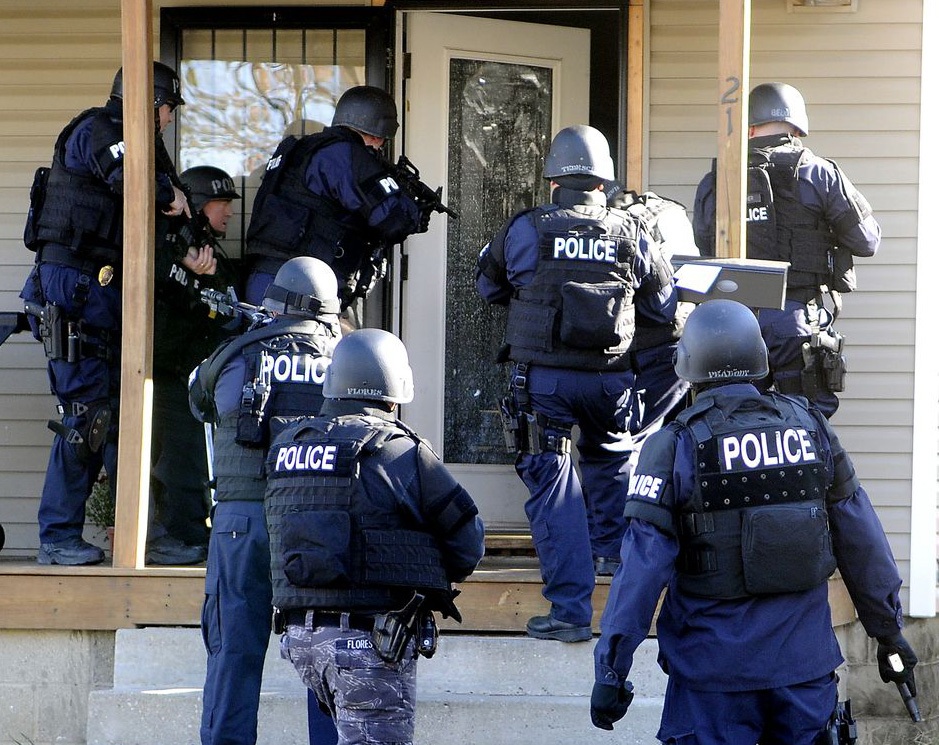What is a Protective Sweep?
A protective sweep is a search by police without a warrant. It allows police to search an area of your home following an arrest. During a protective sweep, police can look around a home where a person may be hiding. The purpose is for officer safety or others that may be there.
This was defined by Maryland v. Buie:
A protective sweep is “a quick and limited search of the premises, incident to an arrest and conducted to protect the safety of the officers and others. It is narrowly confined to a cursory visual inspection of those places in which a person might be hiding.” Maryland v. Buie.
This type of search can be conducted without a warrant and any evidence that police see in plain view that was a place where a person may be hiding can be used against you in trial.
Where can police Search?
The basis for a protective sweep is for officer safety against persons that may cause them harm the areas that police can search under this rule is limited. Police can search in “closets and other spaces immediately adjoining the arrest area from where an attack could be launched.” Maryland v. Buie.
The police do not need reasonable suspicion or probable cause to conduct a protective sweep. The reasoning for this is that it is not a search for evidence but rather a search for persons that may pose a threat to police.
Are there limits on a Protective Sweep?
Because the protective sweep is for persons and not evidence collection there are limits on where police can search under this rule.
Where can they search: Typically, the places to be searched is limited to area immediately adjoining the arrest. But this does not always apply. An exception to the immediately adjoining area is when have reason to believe that there’s actual danger of an attack. This means police can broaden their search but must be able to describe the basis for it. Typically this occurs when they hear other persons inside the residence or they suspect that there are multiple suspects inside the residence an need to search further for office safety.
Limits on the Search: Again this search is still limited to areas that a person may be hiding so they cannot search inside closed draws under mattresses etc.
Charleston Criminal Defense Attorney
If you have been charged with a crime and were subjected to a protective sweep call an experienced and trusted Charleston Criminal defense lawyer at the Dale Savage Law Firm today for a free case consultation (843) 530-7813. It’s important to understand your rights in these situations so you can assert any defenses that you may have.

